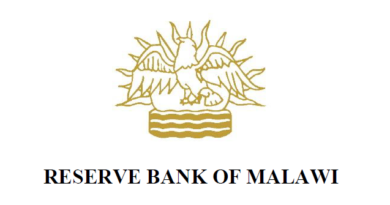Zambia and Burundi Sign MoU on Fibre Optic Connection
Zambia and Burundi have signed a landmark Memorandum of Understanding (MoU) that will establish a fibre optic connection between the two countries, further enhancing digital connectivity in the region. The agreement paves the way for a fibre optic cable to be laid under Lake Tanganyika, connecting Mpulungu District in Zambia’s Northern Province to Burundi.
The project, which has already seen 350 kilometers of the cable laid across Lake Tanganyika by a private company, aims to position Zambia as a regional Information and Communication Technology (ICT) hub. With the completion of the project, Burundi becomes the ninth country connected to Zambia through fibre optics, extending the country’s ICT reach to southern and eastern African nations.
Speaking during the MoU signing ceremony at the 2024 Digital Government Africa Summit in Chongwe District, Zambia’s Minister of Technology and Science, Hon. Felix Mutati, emphasized the significance of the agreement.
He noted that the connection will enable Burundi to relay information through Zambia to other parts of the continent, boosting regional digital infrastructure and economic growth.
“The fibre optic cable will not only connect our two countries but will also strengthen Zambia’s position as a key ICT hub in the region. This is a milestone for regional collaboration,” said Hon. Mutati.
Burundi’s Minister of Communication, Technology, and Information, Leocadie Ndacayisaba, praised the agreement, calling it a major step forward for both nations. She highlighted that the fibre optic connection would greatly improve internet speeds and communication for the people of Burundi and Zambia.
“This MoU opens doors for more collaboration between our nations. The fibre optic connection will enhance digital services, improve communication, and ultimately transform the lives of people in both countries,” said Ms. Ndacayisaba.
The MoU is seen as one of the key success stories of the 2024 Digital Government Africa Summit, which brought together over 500 delegates, including more than 20 Cabinet Ministers from 33 countries, to discuss the future of digital governance across the continent.



